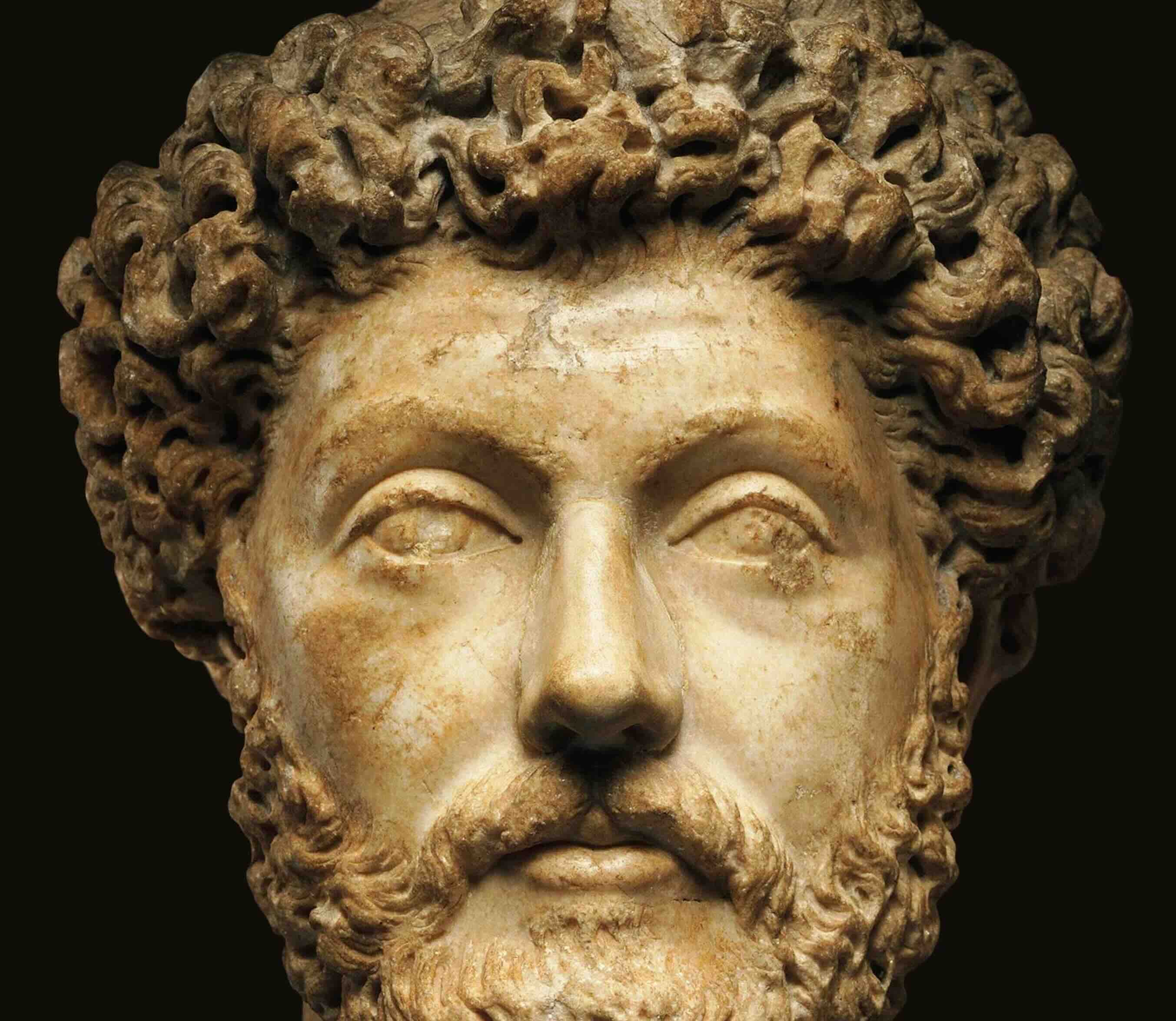· Person
Zeno of Citium
One of the most influential schools of thought in Western philosophy

Zeno of Citium (c. 334 – c. 262 BC) was an ancient Greek philosopher from Cyprus and the founder of Stoicism, one of the most influential schools of thought in Western philosophy. Stoicism teaches self-discipline, rationality, and virtuous living, offering a framework for achieving inner peace and resilience by focusing on what is within our control.
Early Life and Background
- Zeno was born in Citium, a Greek colony on the island of Cyprus. He was initially a wealthy merchant but, after a shipwreck that destroyed his fortune, he turned to philosophy.
- He moved to Athens around 300 BC, where he studied under various philosophers, including the Cynic Crates of Thebes. Zeno was also influenced by the teachings of Socrates and Plato, although he eventually developed his own philosophical system.
Founding Stoicism
- Zeno began teaching philosophy in the Stoa Poikile (the Painted Porch) in Athens, which is where the name “Stoicism” originates. His school welcomed people from all walks of life, encouraging a practical philosophy for living virtuously and rationally in the face of life’s challenges.
- Zeno’s Stoicism focuses on achieving a state of eudaimonia (flourishing or happiness) by living in accordance with nature and reason.
Core Principles of Stoicism
1. Virtue as the Highest Good
- Zeno believed that virtue (living a life of wisdom, courage, justice, and self-control) is the only true good. External things, such as wealth, health, or reputation, are considered indifferents—neither good nor bad in themselves.
- Happiness is achieved through living virtuously, regardless of external circumstances.
2. Control and Acceptance
- Zeno taught the dichotomy of control, emphasizing that we should focus on things we can control (our thoughts, actions, and attitudes) and accept things beyond our control (external events, other people’s opinions, etc.).
- This principle is central to Stoic resilience and emotional mastery.
3. Living According to Nature
- Zeno believed that humans should live in harmony with nature, which includes both the natural world and human nature. This involves aligning one’s life with reason, accepting the natural order of the universe, and striving to fulfill one’s role within society.
4. Emotional Resilience
- Zeno taught that emotions like fear, anger, or excessive pleasure stem from poor judgments and misunderstandings about what is truly valuable in life. The Stoic sage strives for apatheia—freedom from destructive emotions—by aligning their desires with what is within their control.
Influence on Later Stoics
- Zeno’s teachings laid the foundation for later Stoic philosophers such as Cleanthes, Chrysippus, Epictetus, Seneca, and Marcus Aurelius. These thinkers expanded and systematized Stoicism, making it one of the most enduring and influential philosophies of the ancient world.
- Chrysippus, in particular, further developed Zeno’s ideas, making Stoicism a comprehensive philosophical system.
Legacy
- Zeno of Citium is remembered as the founder of Stoicism, a philosophy that emphasizes rational thought, virtue, and emotional resilience. His teachings have had a lasting impact on both ancient philosophy and modern self-development.
- Stoicism continues to inspire contemporary discussions on mental strength, ethics, and how to live a meaningful life.
Conclusion
Zeno’s philosophy of Stoicism teaches us that true happiness comes from virtue, not external goods, and that by focusing on what is within our control and living in accordance with nature, we can find peace and fulfillment. His legacy as a philosopher continues to resonate today, offering practical wisdom for overcoming life’s challenges with grace and rationality.
Here are some amazing quotes from Zeno of Citium:
"Man conquers the world by conquering himself."
"No evil is honorable: but death is honorable; therefore death is not evil."




